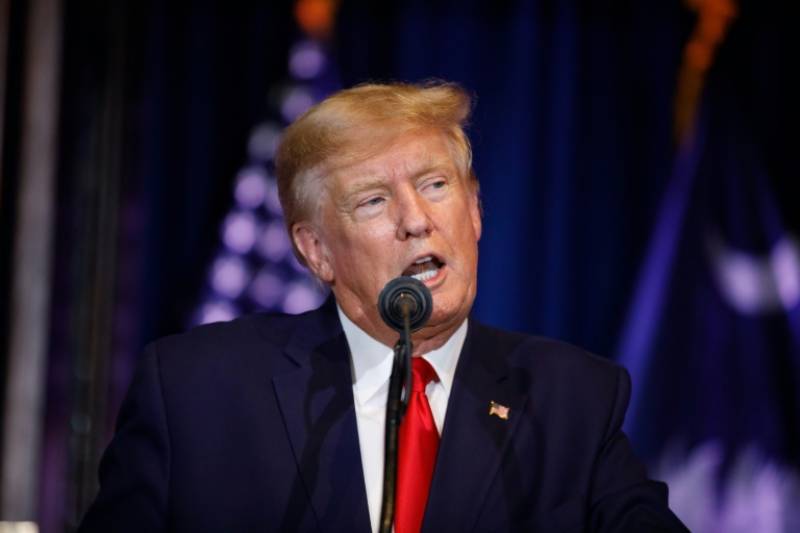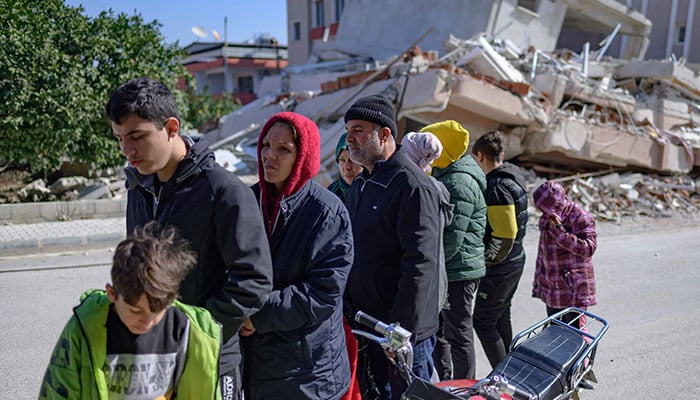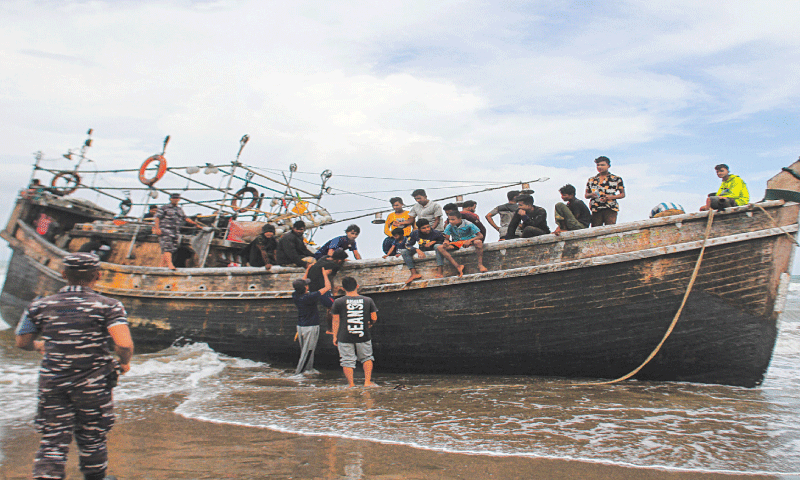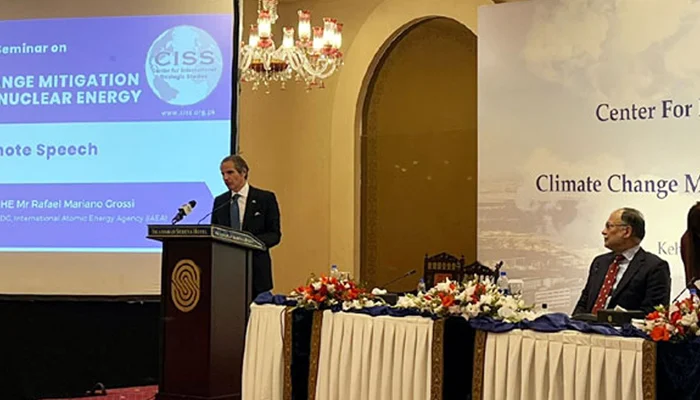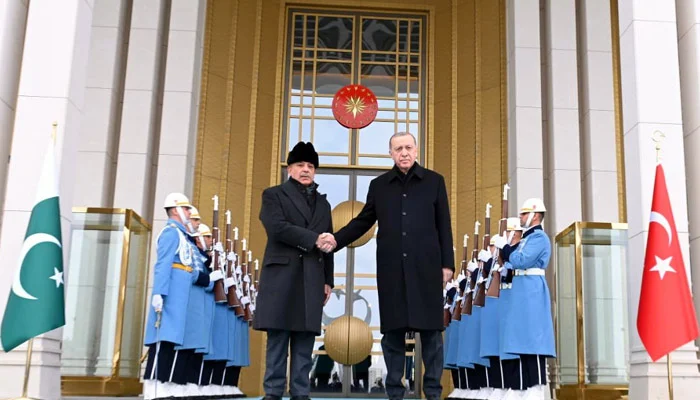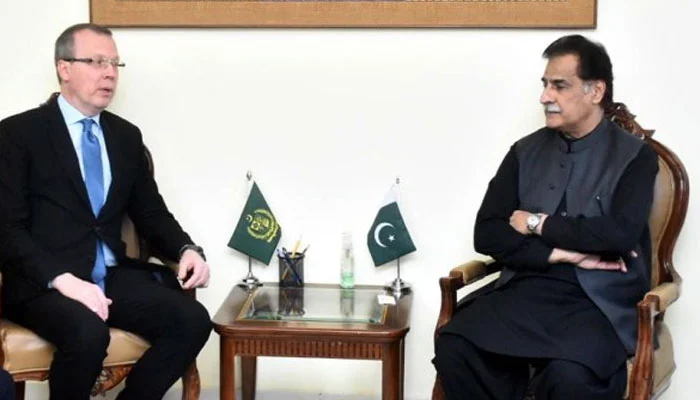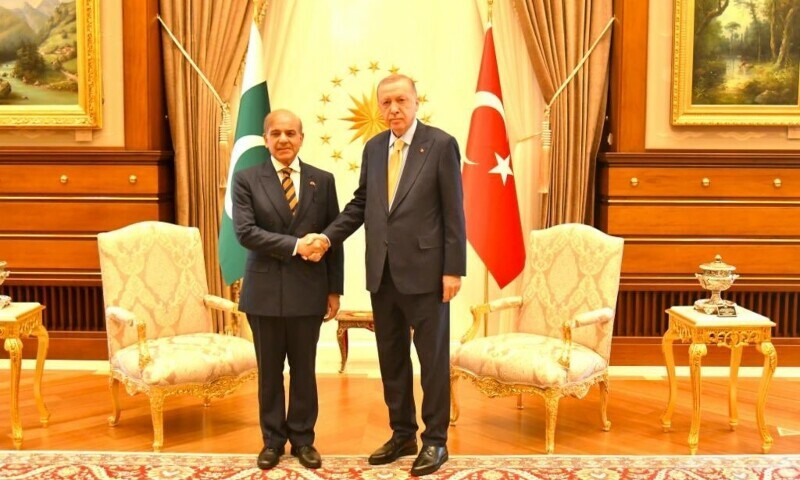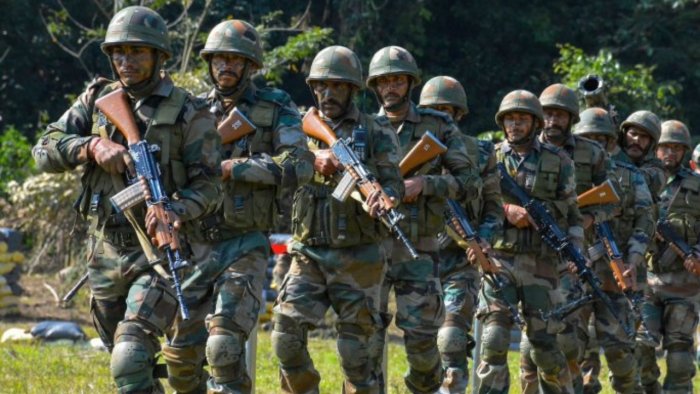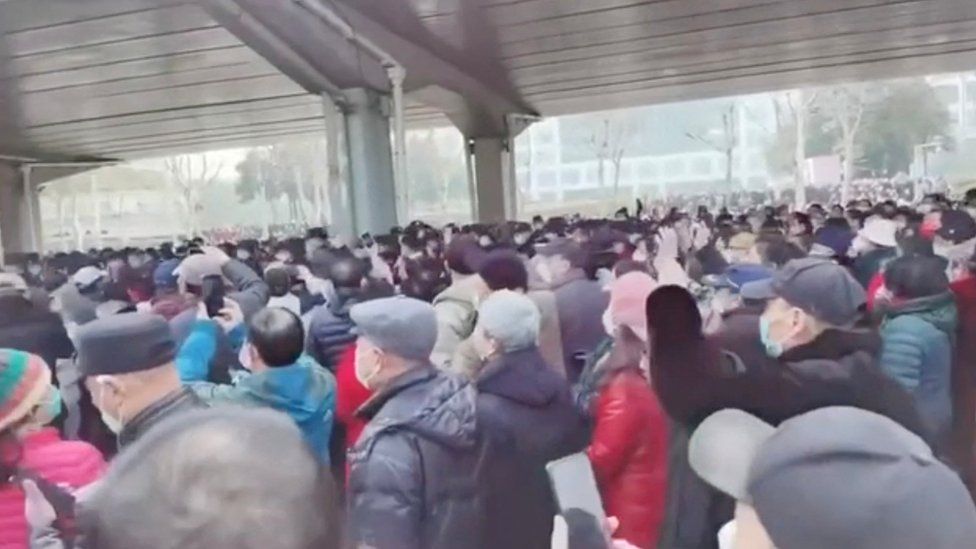A US judge on Thursday released parts of the report from a special grand jury investigating potential interference by Donald Trump in the 2020 election — making public its allegations that witnesses may have lied under oath.
Prosecutors in Georgia have spent two years looking into whether Trump and his allies committed crimes in a bid to overturn his defeat in the southern state to Joe Biden by fewer than 12,000 votes.
“A majority of the grand jury believes that perjury may have been committed by one or more witnesses testifying before it,” the jurors said, adding that they had found no evidence for Trump’s claims of widespread fraud in the election.
“The grand jury recommends that the district attorney seek appropriate indictments for such crimes where the evidence is compelling.”
The investigative panel of 23 jurors, which cannot issue indictments, took testimony from some of Trump’s closest allies, including his fourth chief of staff Mark Meadows, his former attorney Rudy Giuliani and Republican South Carolina Senator Lindsey Graham.
Fulton County Superior Court Judge Robert McBurney ordered on Monday that the introduction and conclusion of the report be made public along with the section about potential perjury.
Its full charging recommendations, including the identities of those in its crosshairs, are being kept secret for now because some of the targets may not yet have had a chance to appear in grand jury proceedings.
Democratic District Attorney Fani Willis will make the ultimate charging decision after presenting the panel’s findings to one of the criminal grand juries regularly empaneled in Fulton County, a process that may already have started.
The panel probed Trump’s January 2, 2021 phone call with Georgia Secretary of State Brad Raffensperger, when he infamously asked election officials to “find” the 11,780 votes that would put him one vote ahead of Biden.
It also scrutinized efforts by top Trump allies to deputize Republican activists to pose as presidential “electors” at the Georgia Capitol in Atlanta in December 2020 and sign certificates falsely claiming Trump had won the state’s election.
Other lines of inquiry took in allegations of false claims of election fraud to state lawmakers, illegal efforts to access voting machines, threats and harassment against Georgia election workers.
Legal experts have speculated that Trump might be charged under Georgia’s Racketeer Influenced and Corrupt Organizations (RICO) statute, allowing prosecutors to argue that Trump and his allies were part of a criminal enterprise.
The investigation, described repeatedly by Trump as a “witch hunt,” comes amid multiple probes into alleged actions by the former president and his lieutenants following his election defeat.
A congressional committee investigating the 2021 assault on the US Capitol argued in its final report last year that Trump’s team was behind a multi-step scheme to cling to power despite his election loss.
And a semi-independent prosecutor appointed by Attorney General Merrick Garland has issued subpoenas to Trump administration officials and election officials in Georgia and other swing states as part of a criminal probe of the same effort.
Trump’s vice president Mike Pence is among those to have received a summons, and CNN reported Thursday that Meadows was also subpoenaed in January.


